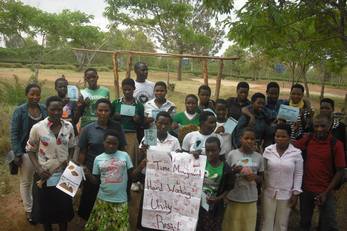Rwanda
Total Projects: 165
Project Spending: $637,924
Colonized by Belgium in the early 20th century, Rwanda became independent in 1962. The Rwandan Civil War began in 1990 and soon devolved into the 1994 Rwandan Genocide, which was the result of a longstanding ethnic rivalry between the Hutu and the Tutsi -- a rivalry that had been instigated and inflamed by Belgian colonial authorities. The genocide killed a million people (a tenth of the population), mostly Tutsi but also many moderate Hutu, and created as many or more refugees. It fundamentally altered the dynamics of the surviving society. Rwanda is a nation in a perpetual state of recovery -- a recovery which remains fragile and uncertain. The country is currently led by President Paul Kagame, leader of the Rwandan Patriotic Front, and one of the most important actors in bringing an end to the genocide. His administration has greatly reorganized the Rwandan state, although there are legitimate questions regarding its commitment to civil rights and political freedom. Many Rwandan households today are headed by orphans and women and extreme poverty rates in excess of 60% persist in rural areas. Poverty and child mortality rates have fallen in light of a successful health system mobilization. An estimated 60% of the population lives on less than $2.00 per day which is a significant decrease from 1996 (World Bank, 2010). 37% of Rwandan children suffer from stunting and are unable to grow to their full potential because of a lack of food, down from 43% in 2012. Agriculture employs 80% of the labor force, but only accounts for a third of the country’s GDP (World Bank, UNDP).
Discover Projects in Rwanda
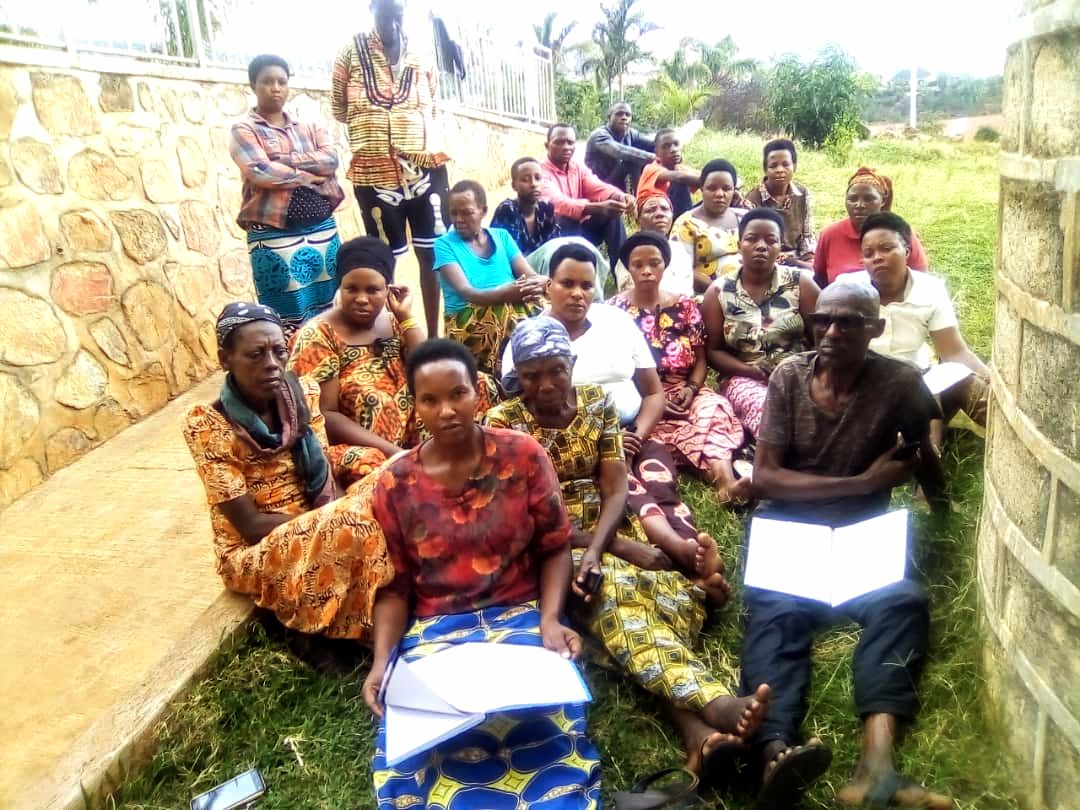
Soap Production Business
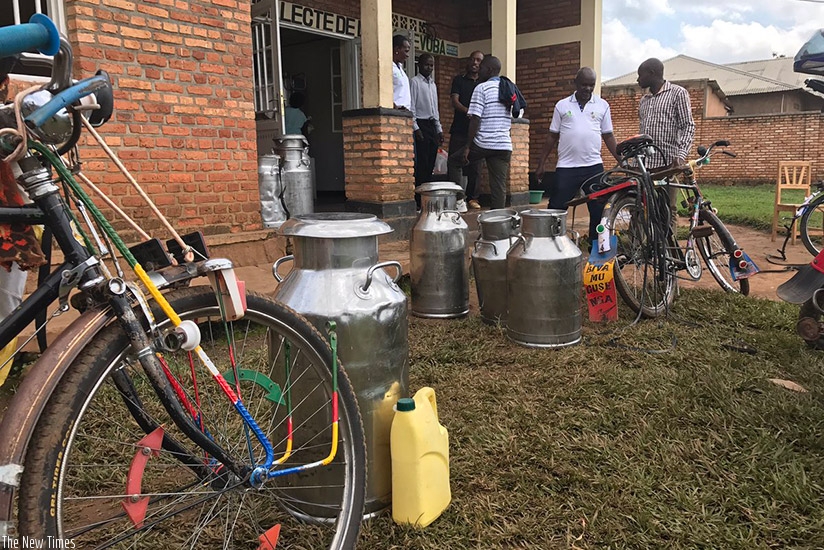
Fresh Milk Business
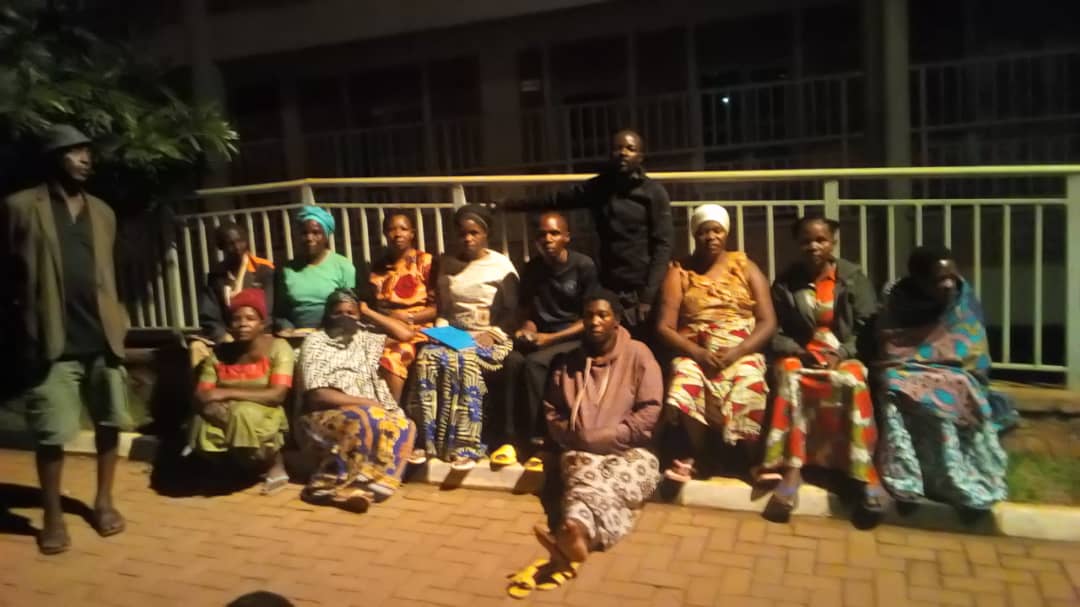
Karama Food Stock and Grain Milling Project
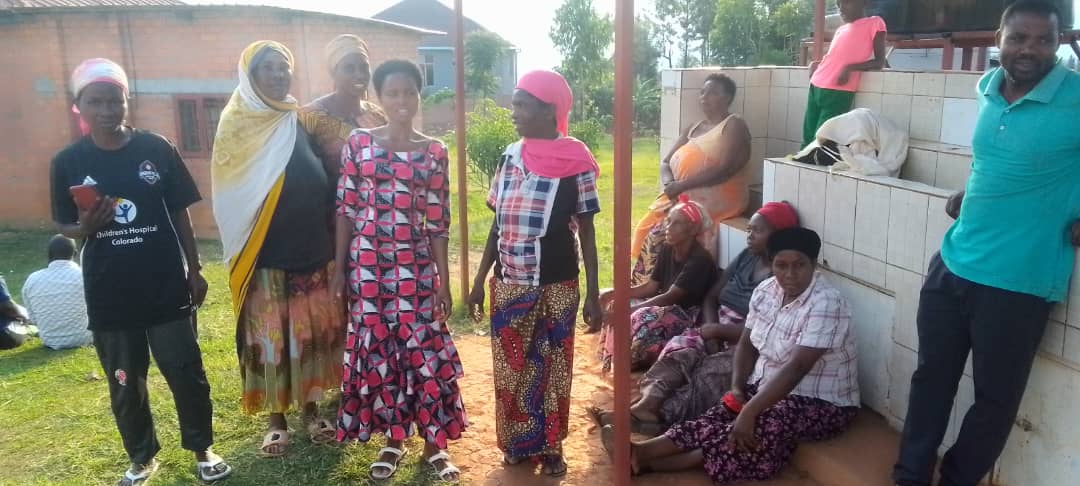
Karama Produce Business
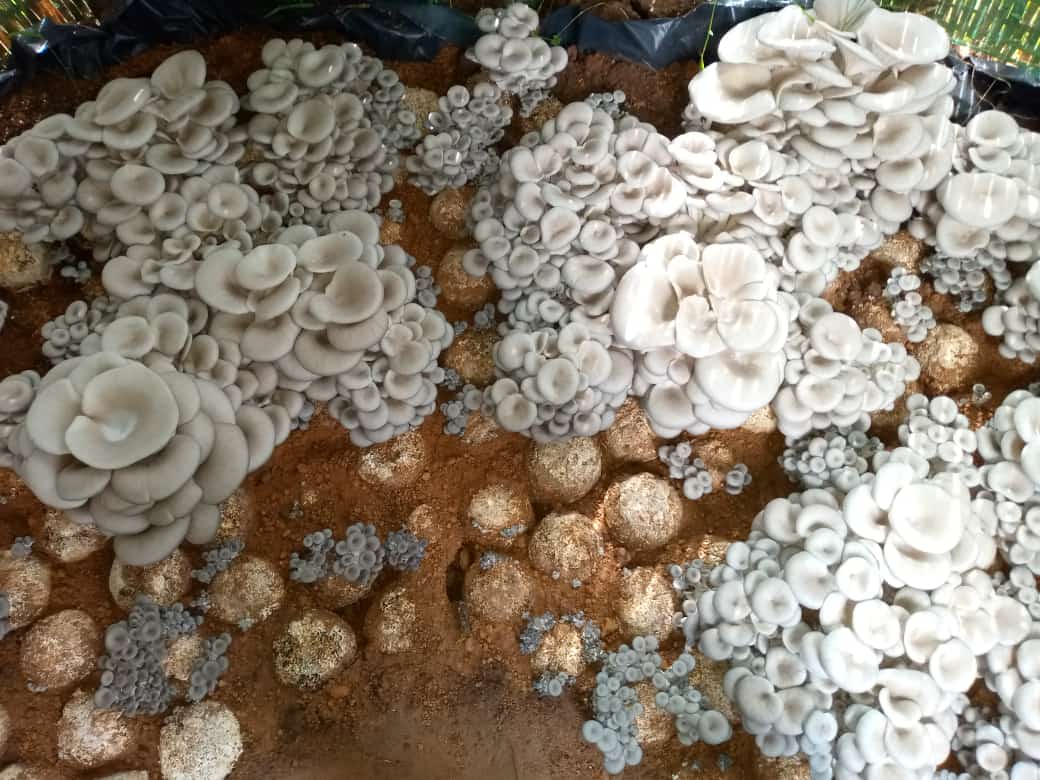
Karama Urban Vegetable Farm
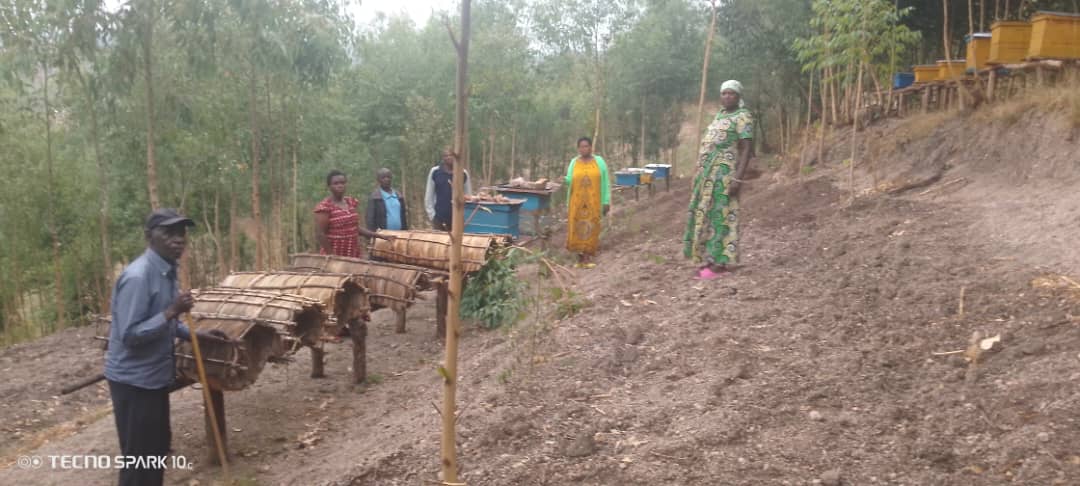
Twisungane-Bavumvu Sustainable Beekeeping for Poverty Alleviation Project
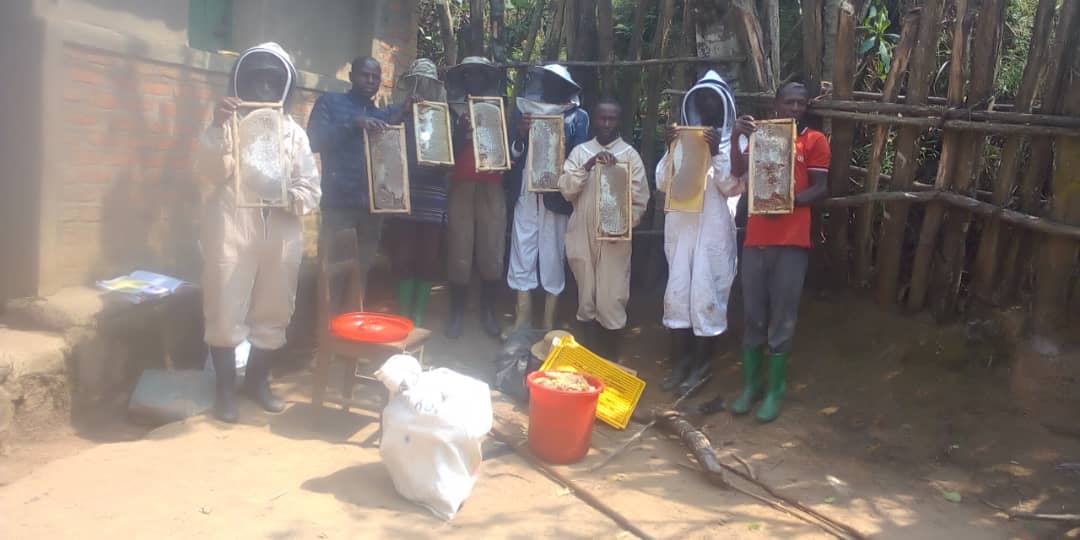
Koabaki Beekeeping Cooperative - Fighting Against Poverty Through Beekeeping
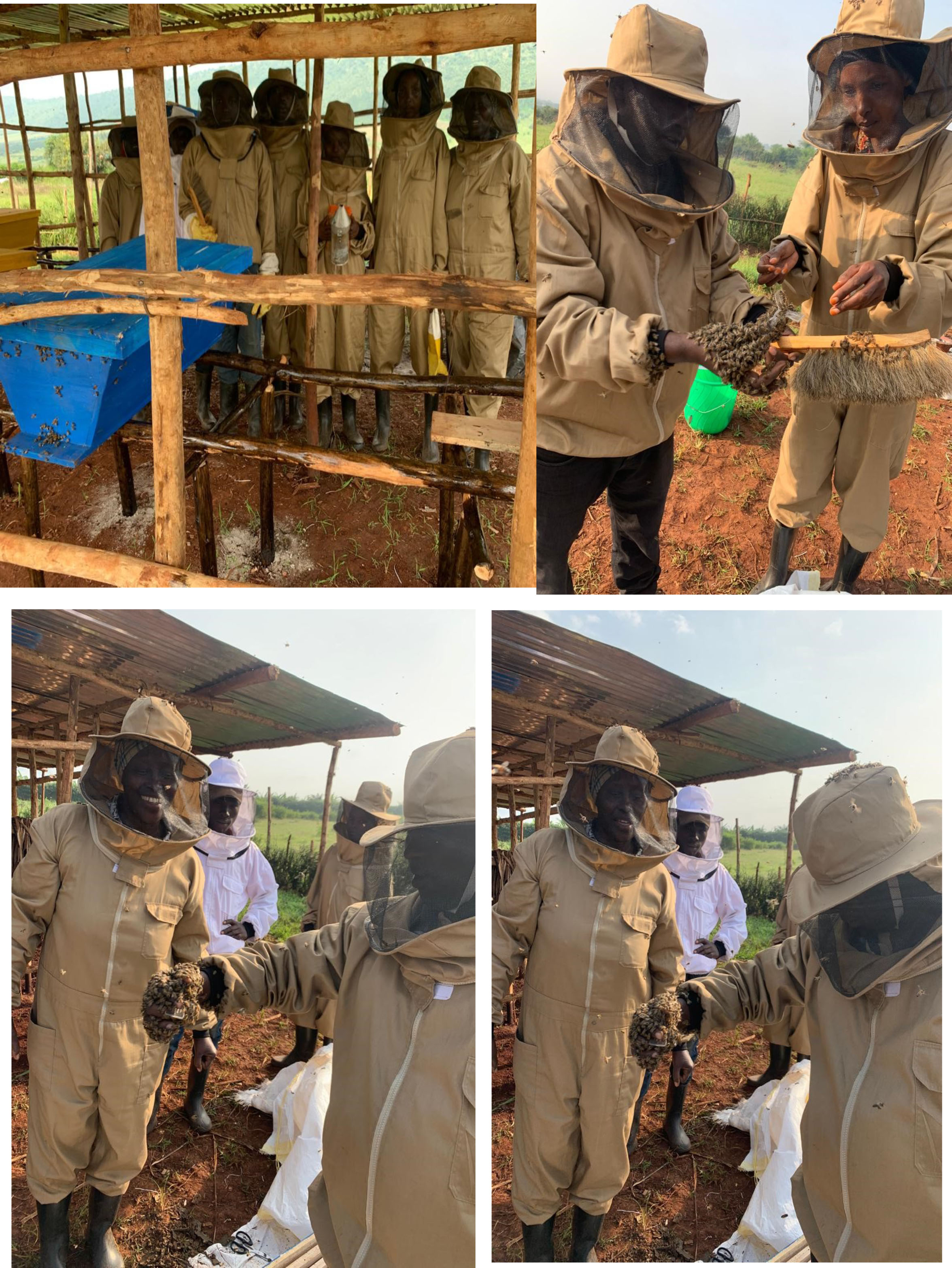
Improving Imani Beekeeping Cooperative's Bee Product Value Addition
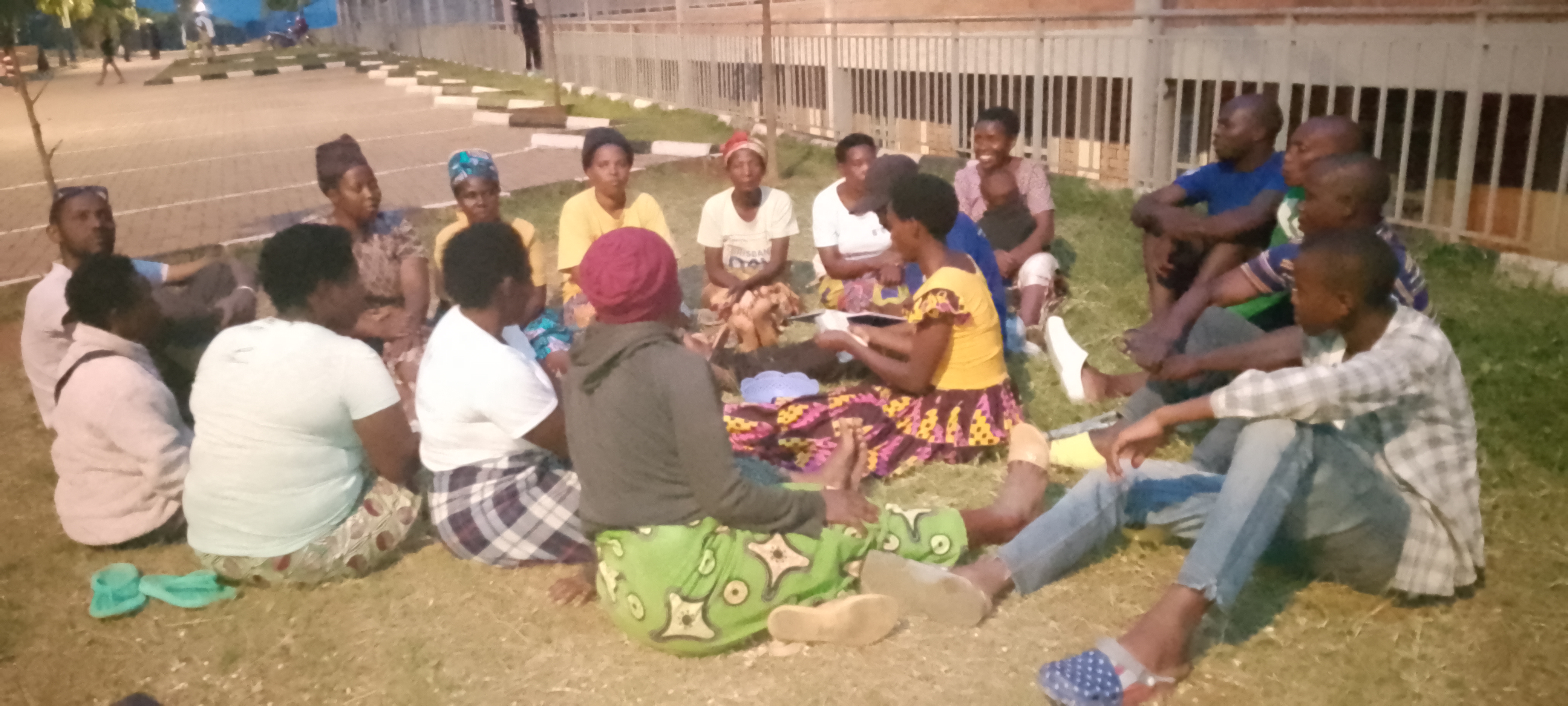
Karama Beauty Salon, Imboni Block B

Karama Leather Shoes Production Business
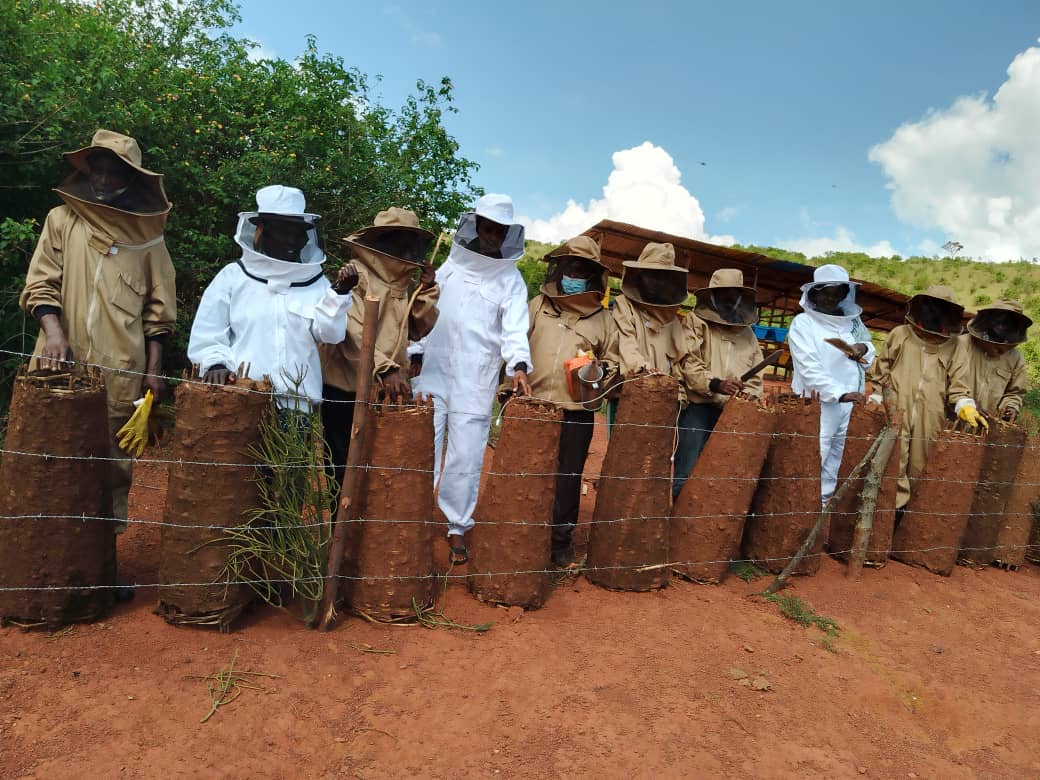
Twitekurusobe Beekeeping Cooperative
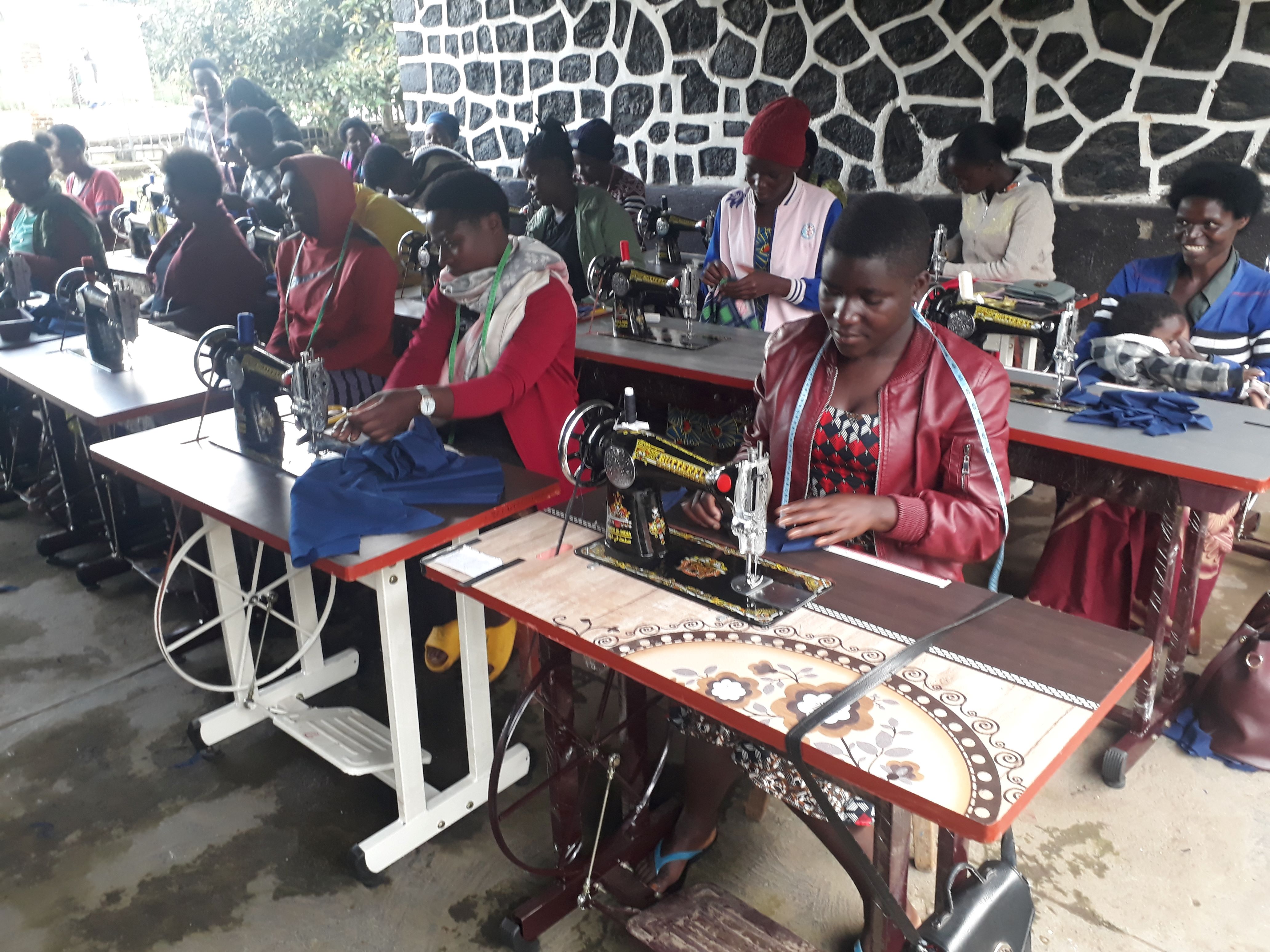
Kinigi Sewing Project Phase 2- Equipping tailoring training graduates with tools to start earning income
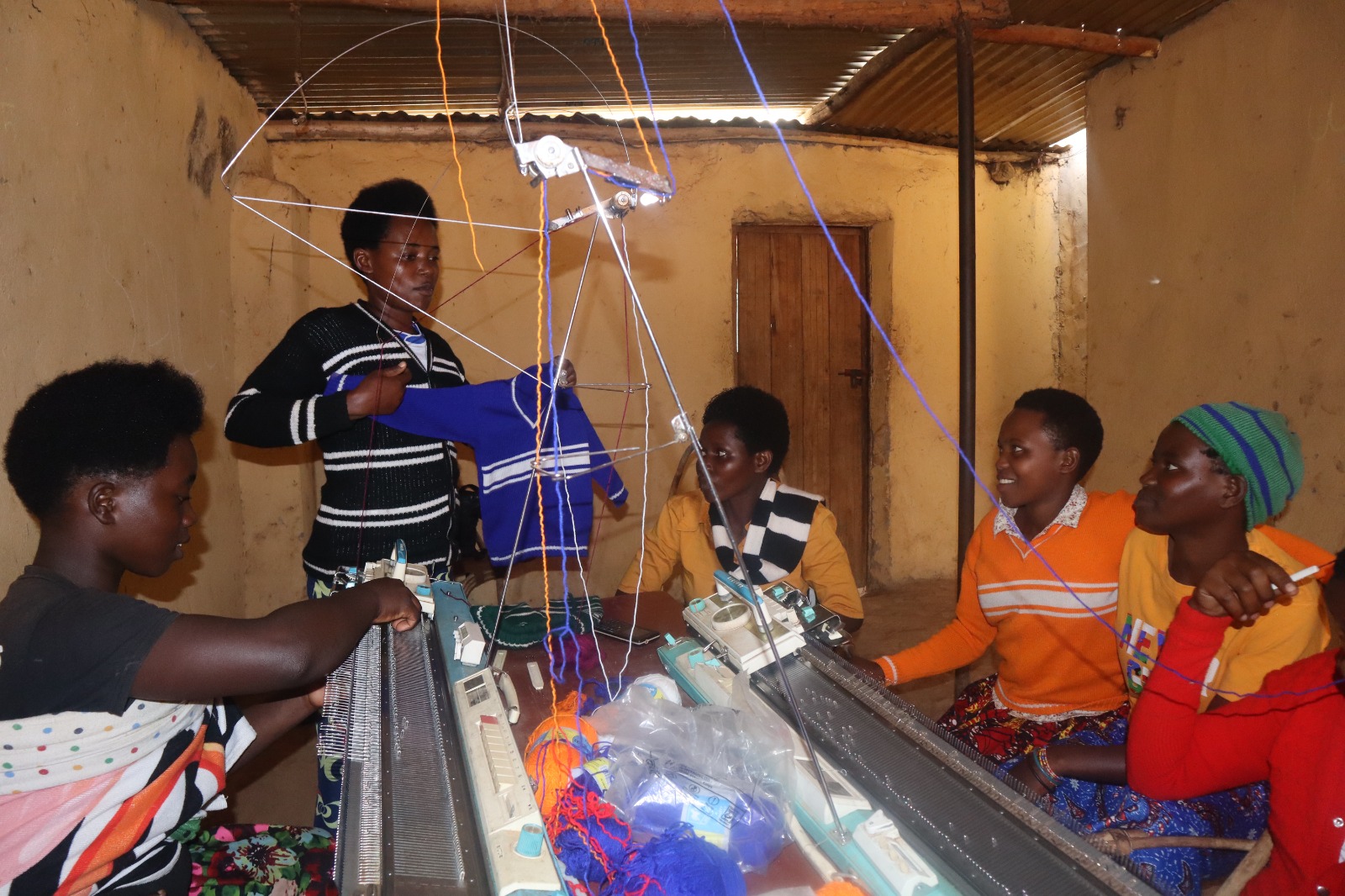
Nyakayenzi Sewing Project Phase 2
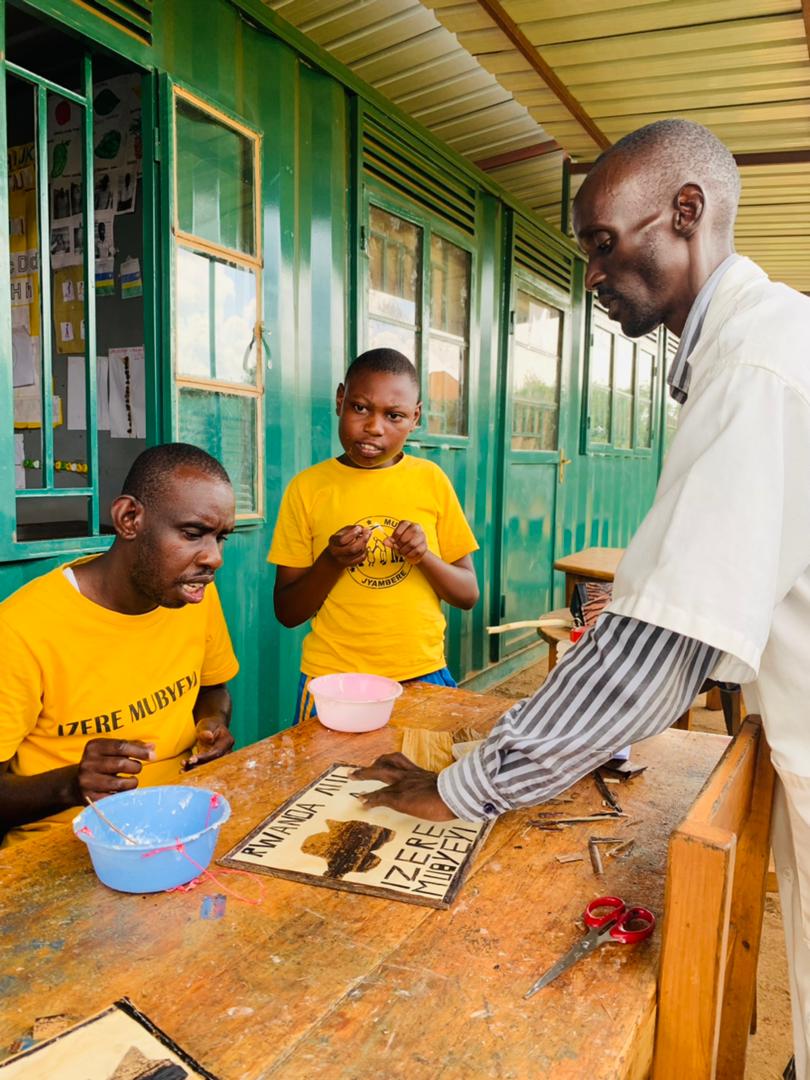
Empowering mothers of children with intellectual disability in mushroom farming
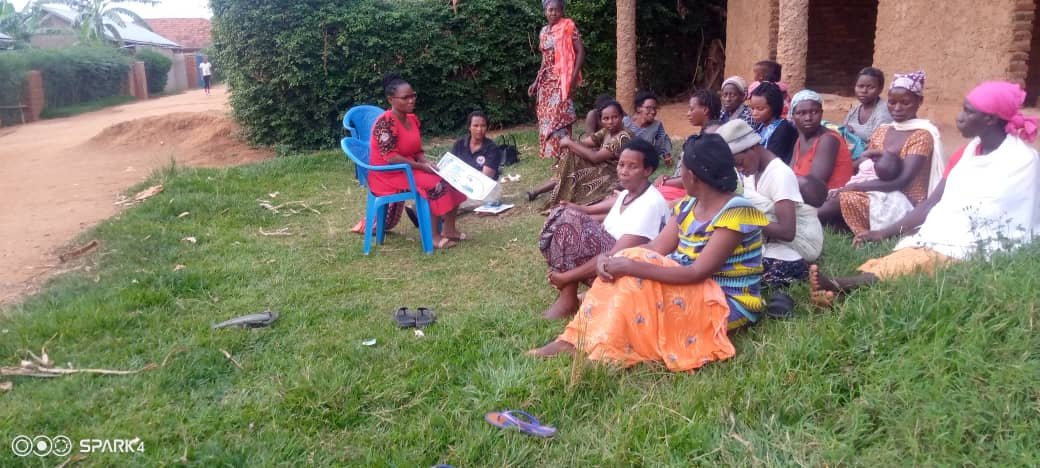
Empowering three women & girls' groups through Rabbit farming
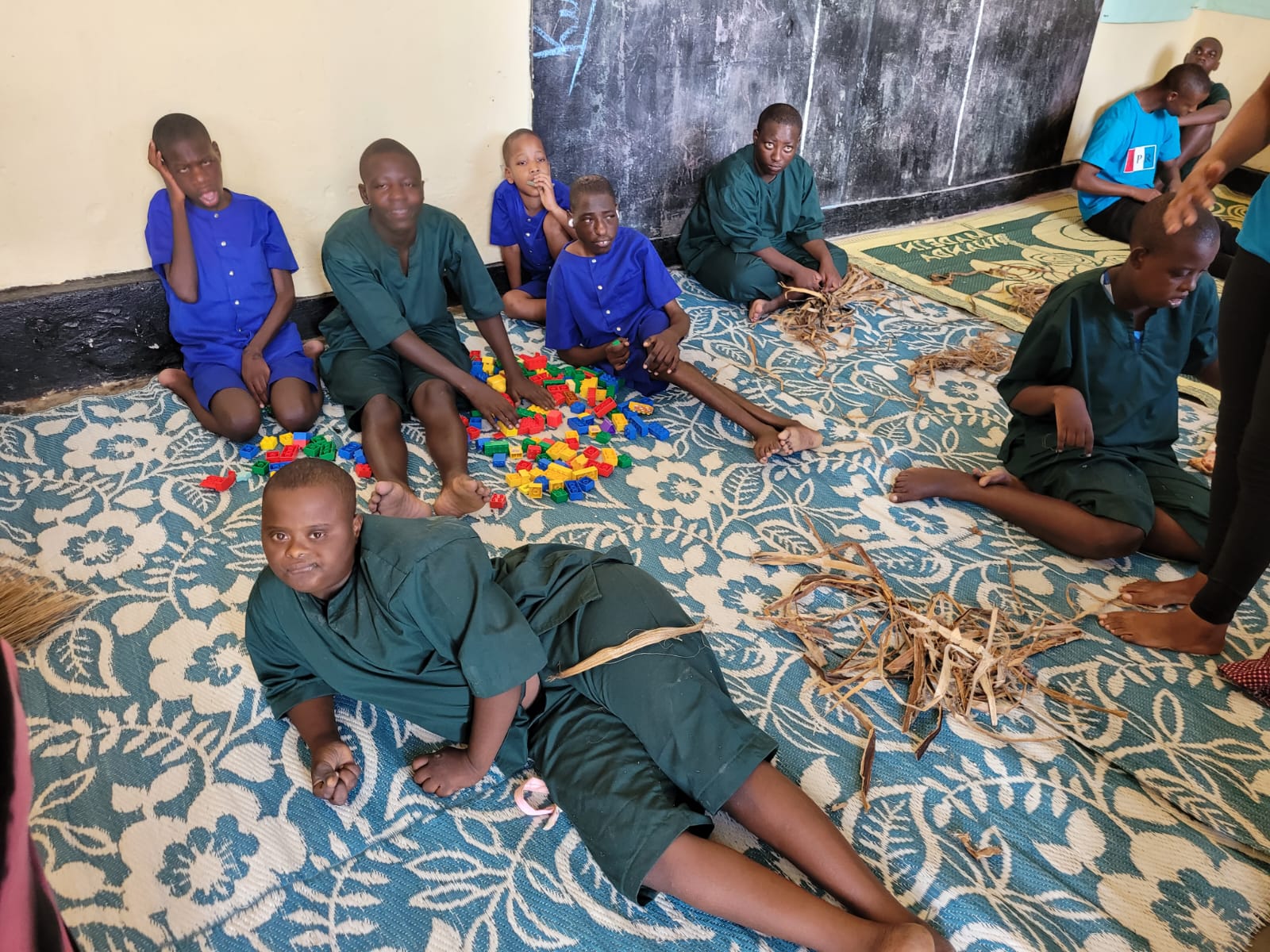
SMALL SCALE PIG FARMING FOR VULNERABLE RURAL HOUSEHOLDS WITH CHILDREN WITH MENTAL DISABILITIES
.jpg)
Permaculture and economic strengthening for Musenyi vulnerable families.
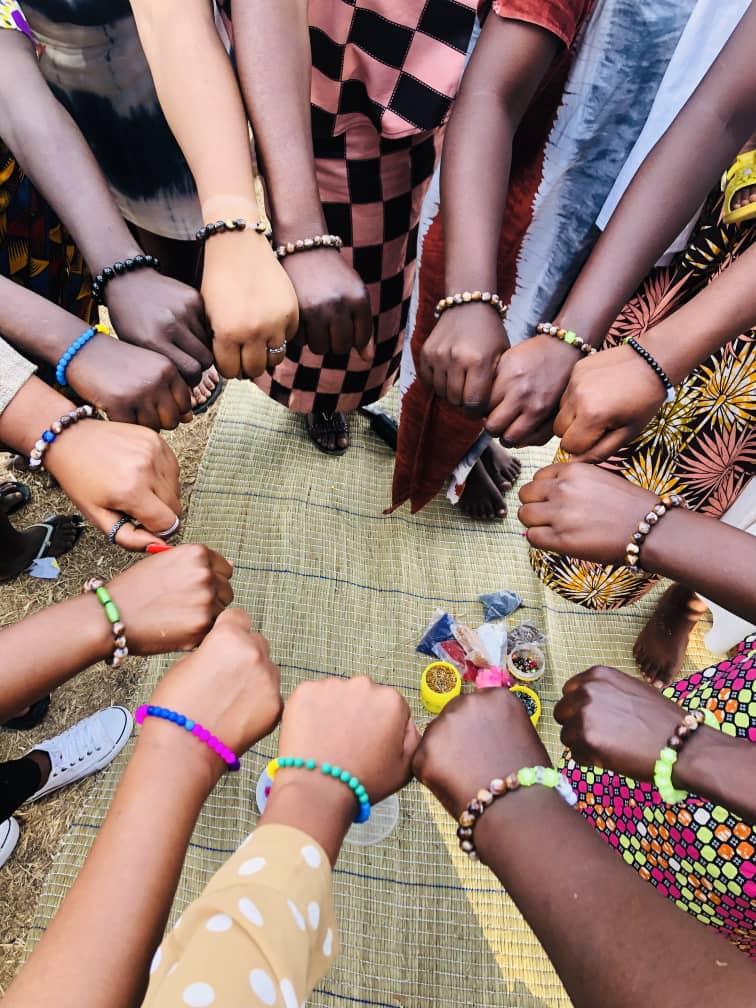
Empower Her- Developing entrepreneurial skills for teen mothers
Pig Farming for Vulnerable Women in Runda sector of Kamonyi District
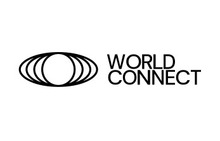
Empowering Women and teen mothers through Fashion design skills
.jpeg)
Tech power- Digital literacy training for rural girls and young women
Rabbit Farming Project
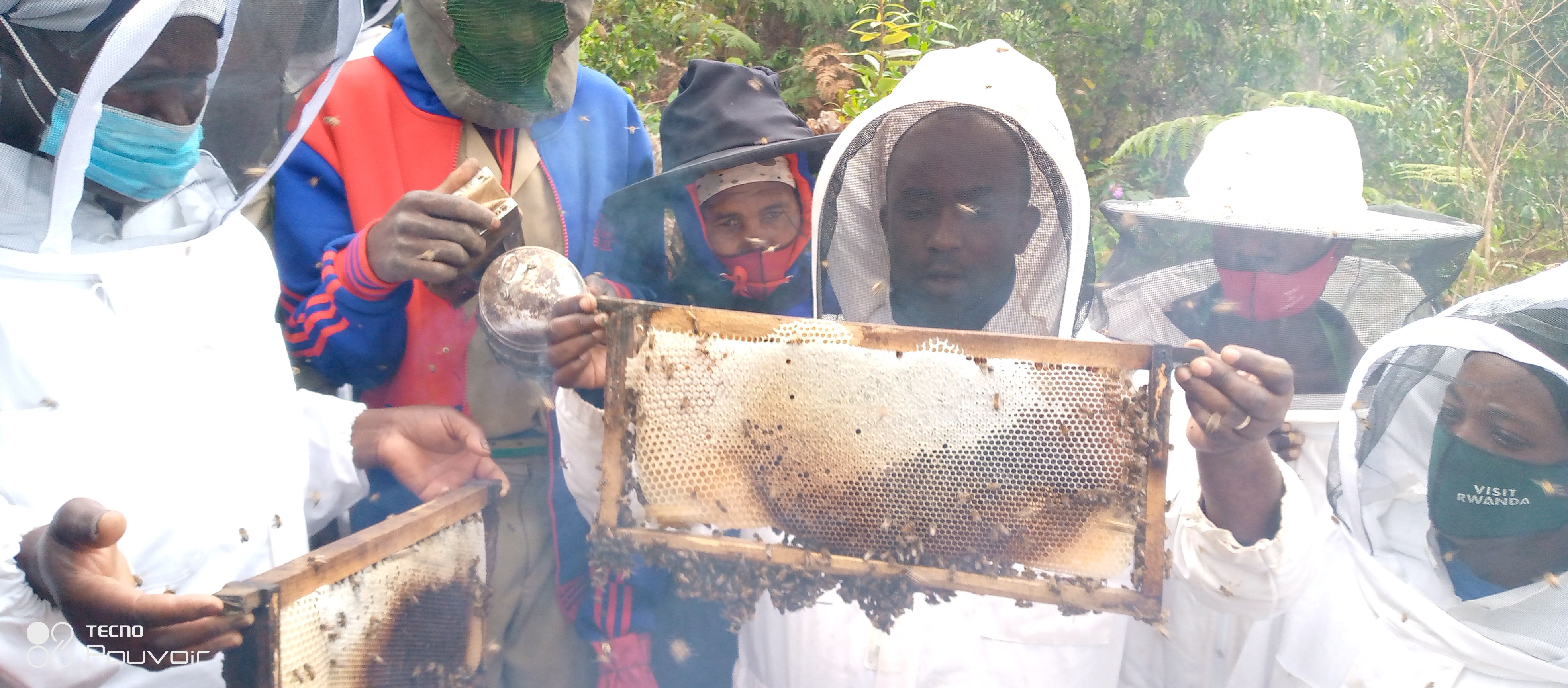
Construction of a honey collection, processing and storage house
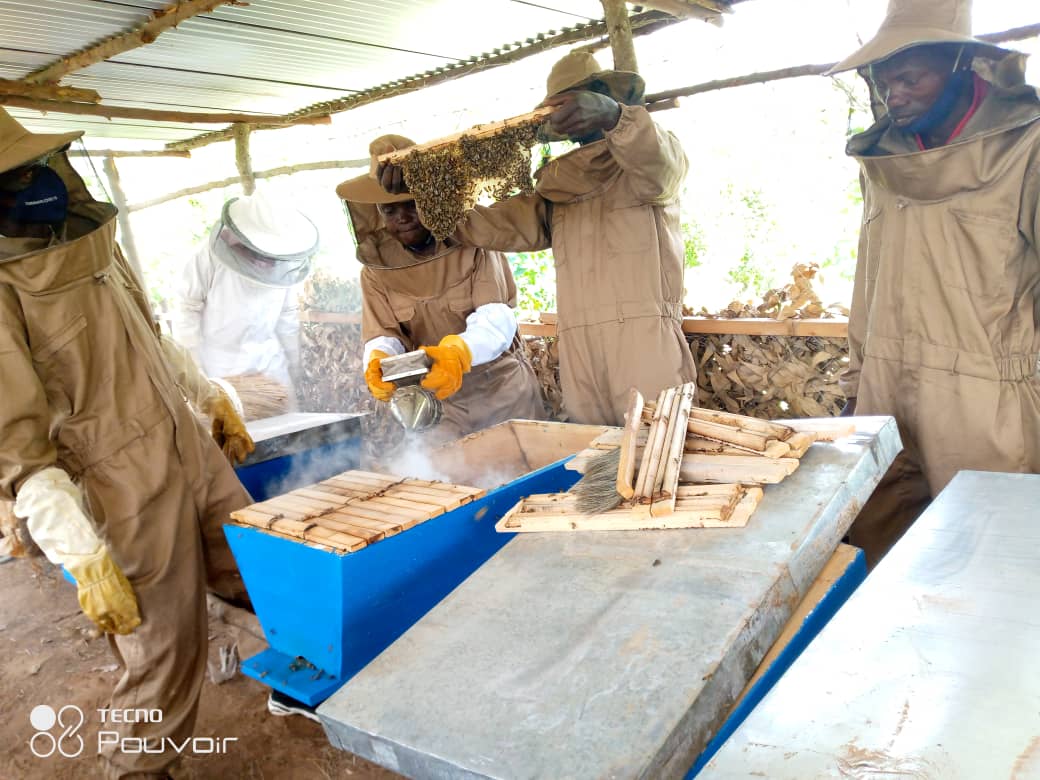
Building a Sustainable Beekeeping Community.
.jpg)
Expansion of the Esther Women Tailoring Workshop Space
.png)
Broilers chicken and Chicken feed Project
.jpg)
Providing additional equipment to the Bitabaro skills training center
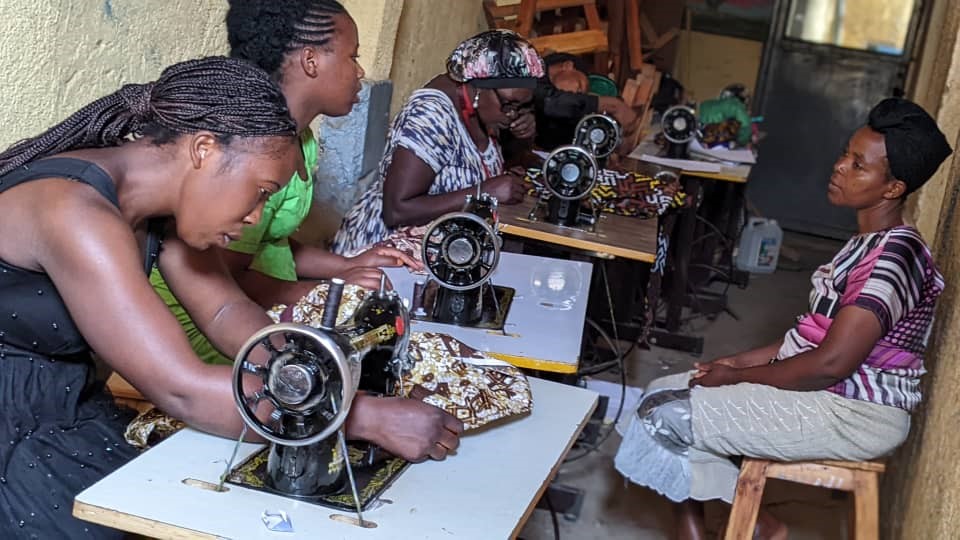
Supporting Fashion Design graduates of Root Foundation trainings to start a business
.jpg)
Expansion of the Ruganda community ECD center
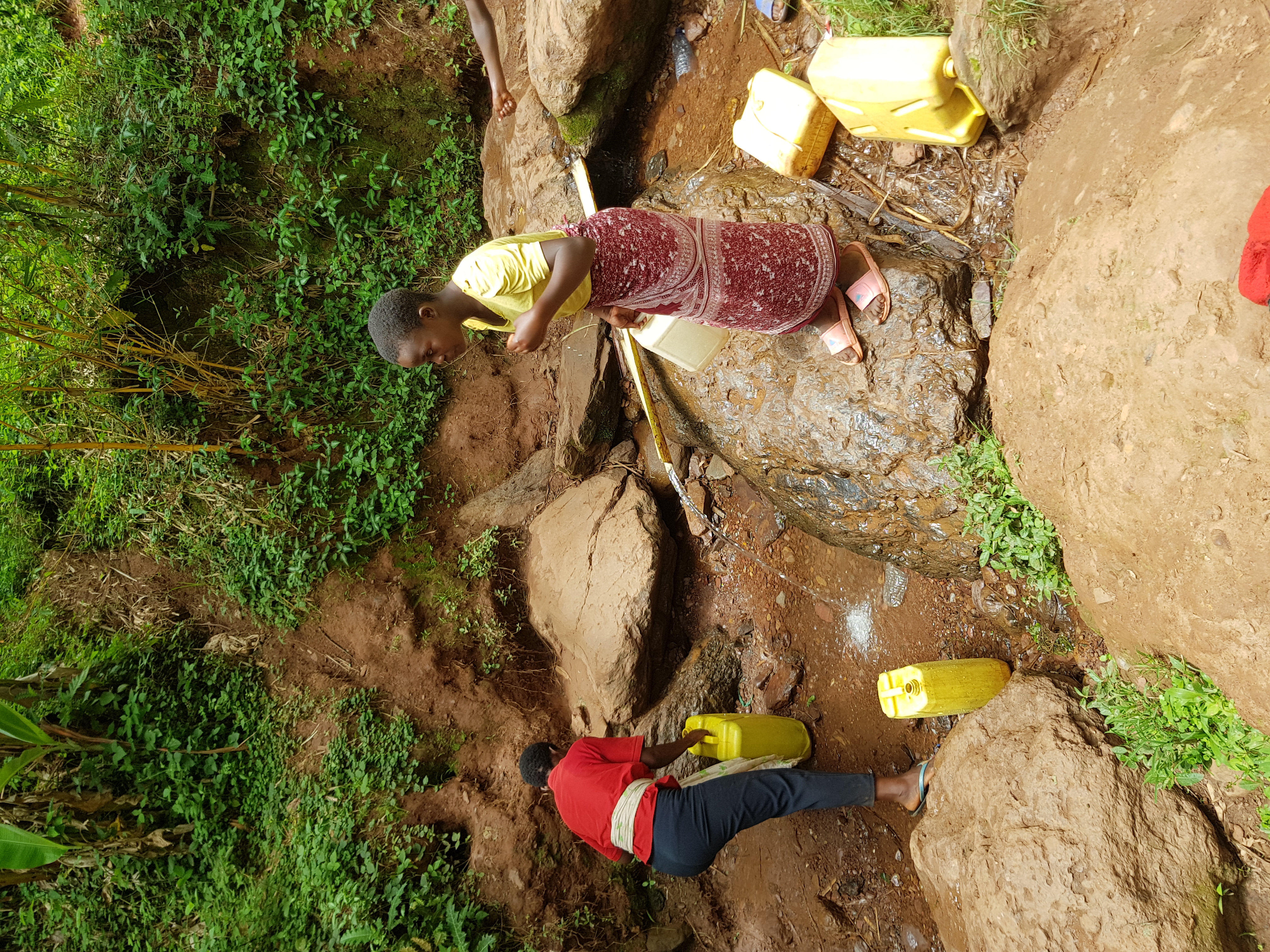
Water for All: Empowering Bugarama Village through Sustainable Access to Clean Water
.jpeg)
Construction of a community Water supply tank
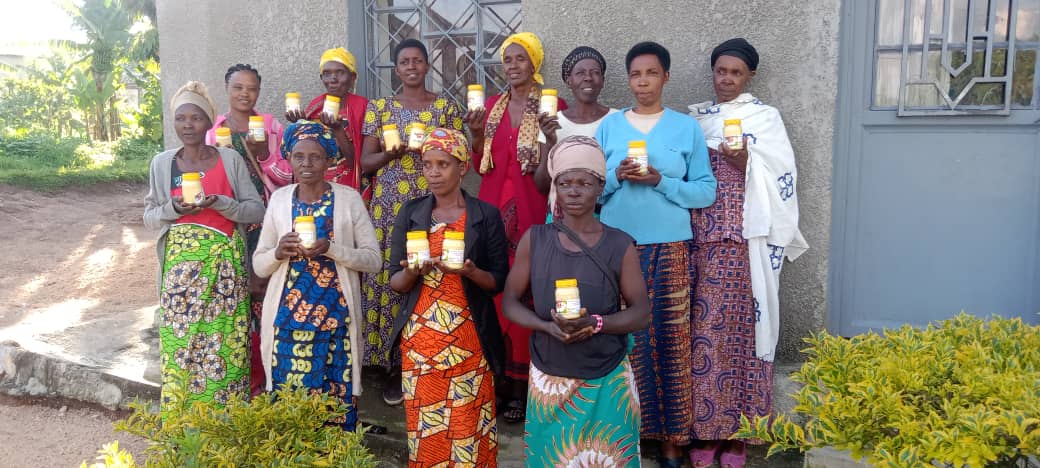
Acquisition of a Honey processing house
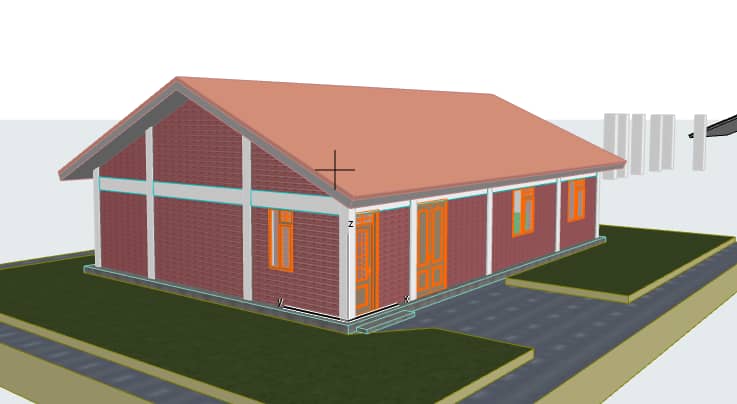
Jenda Sports and Culture Space Project
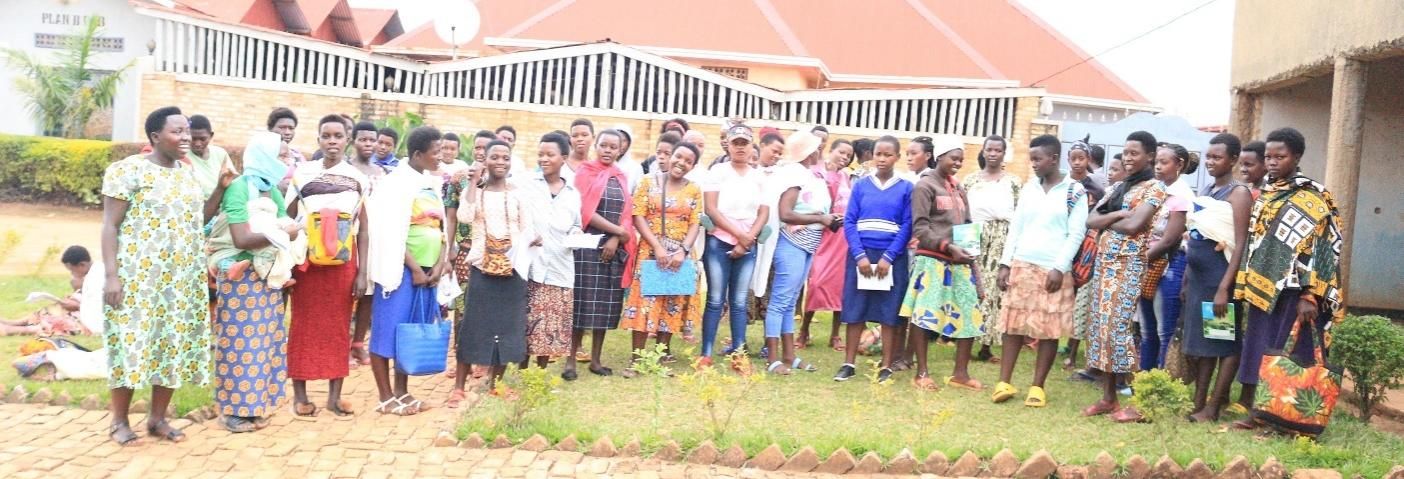
Huye Youth Self Learning and skills development Hub
Isuku Soap making to combat neglected tropical diseases, improve education and increase household incomes
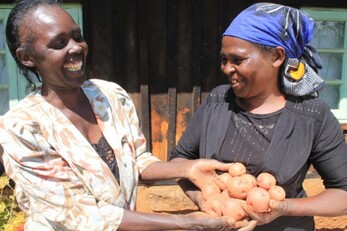
Women combating poverty and food insecurity through Irish Potato seed banking & multiplication.
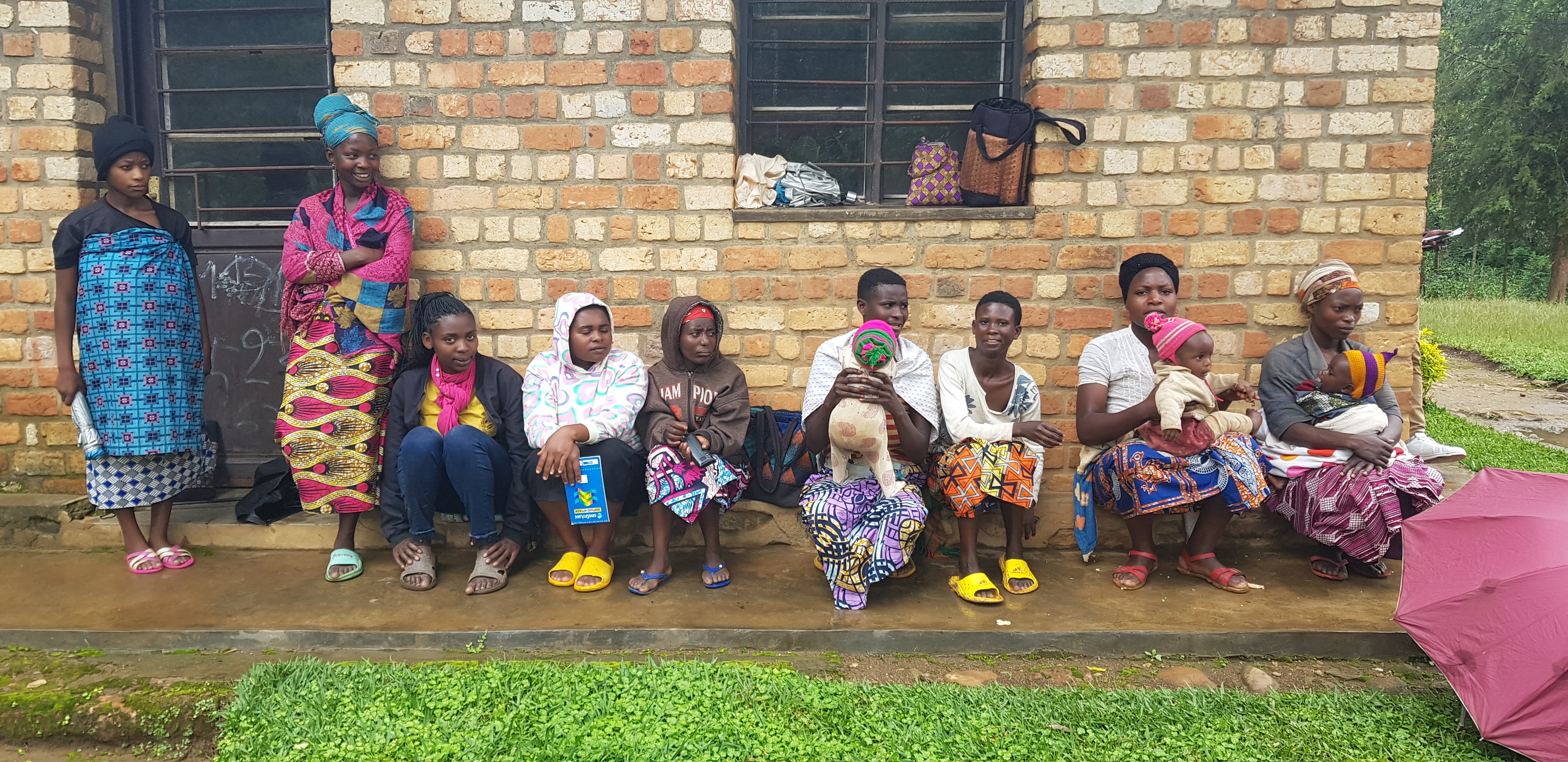
Empowering Teen Mothers from Rural Banda Community through Vocational Sewing Training
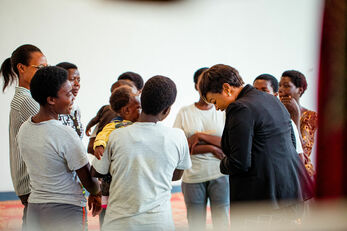
Creating small businesses for Teen mothers with a soap making initiative in Gakenke District.
.jpeg)
Home-Based Literacy program for children with disabilities
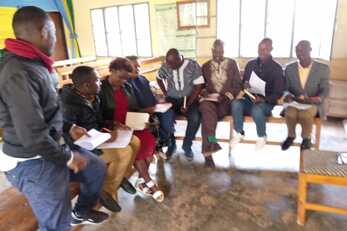
Kaniga Schools Smart Rabbit Farms (KSSRF)
.jpg)
Enabling Environmental clubs in sustainable agroforestry in Nyanza sector /Gisagara District
.jpg)
BUILDING AN EARLY CHILDHOOD DEVELOPMENT(ECD) CENTER
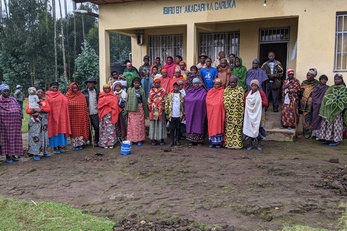
Sewing Project
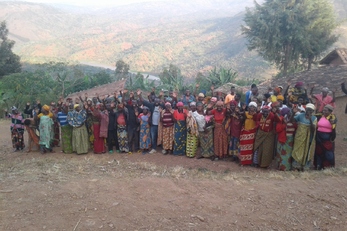
PIGGERY FARMING PROJECT
.jpg)
Piggery farming Project
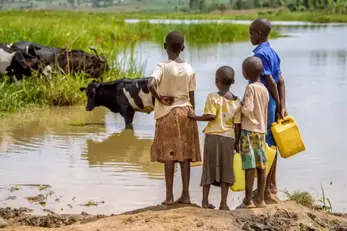
Clean water Access (ISUKU NA MAZI MEZA)
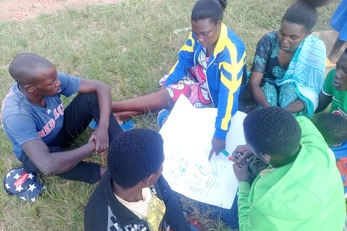
Piggery farming
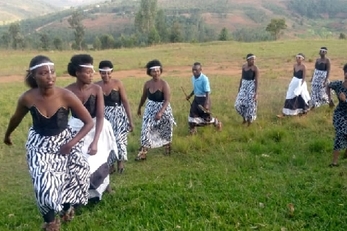
ABISHYIZEHAMWE CULTURAL AND DECORATION PROJECT.
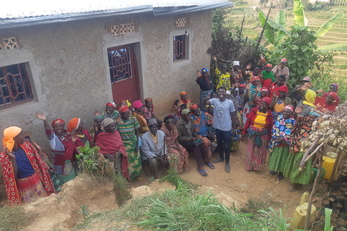
sheep farming project
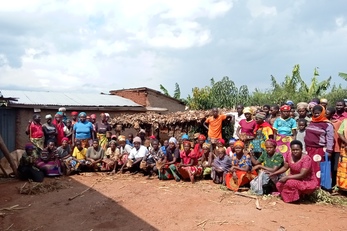
Abahujumugambi Piggery Farming
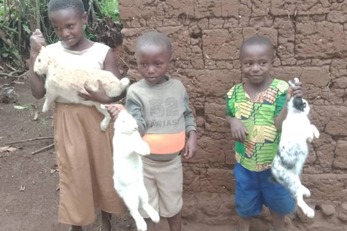
Rabbits project to change lives of Bumbogo Women and girls
.jpeg)
IMPROVED CHILD NUTRITION
_leads_a_group_discussion.jpg)
Musha Alumni Skills Lab
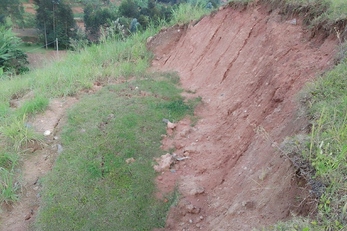
Inclusive Environmental Protection
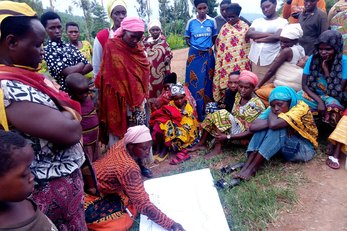
Vegetable farming in Vuganyana village
.jpg)
Goat farming in Mbarara 1
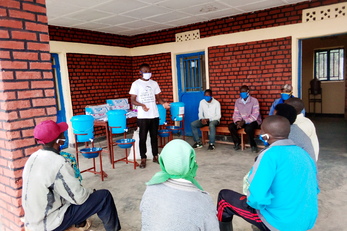
Community ECD center in Ruganda village
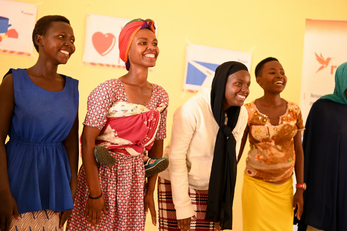
Leadership development for Agaseke cooperatives
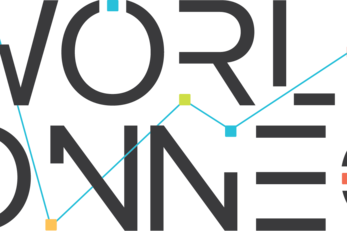
Goat farming in Mutembo
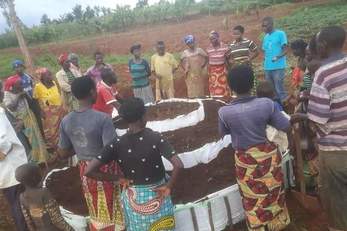
Pig farming in Rubirizi
Sewing Project
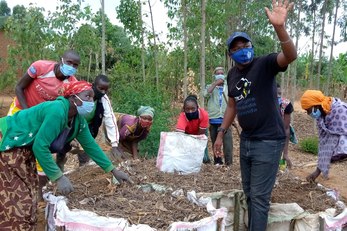
PIGGERY FARMING
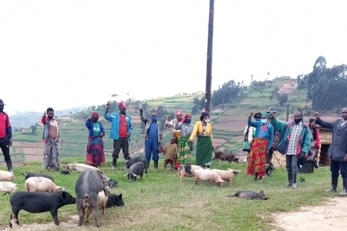
Piggery Farming
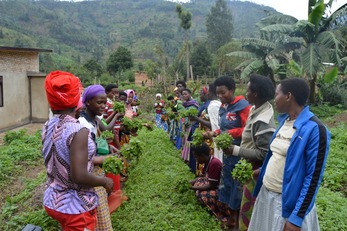
Rabbit farming to support teenager mothers at Banda Village
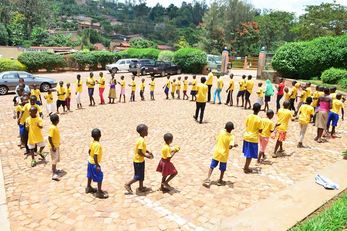
THRIVE FOR A BETTER LIFE
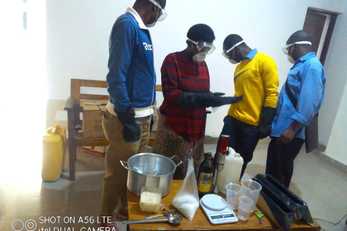
Isuku Soaps - School-centered soap enterprise
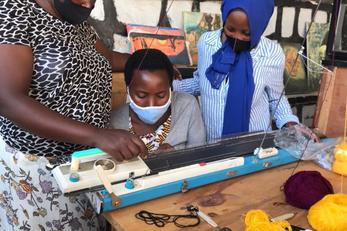
Isimbi Support House
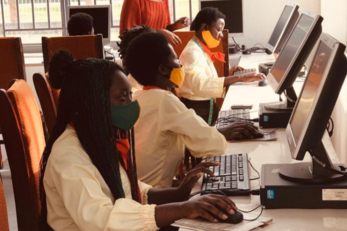
Young women entrepreneurs for lasting social change

You and I against new COVID variants
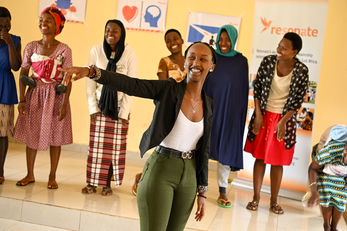
Seeding refugee-led businesses in Mahama Refugee Camp
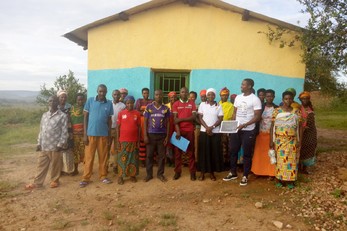
Goat Farming in the Nyabimuri Community
.jpg)
Piggery Farming in Kabaya Village
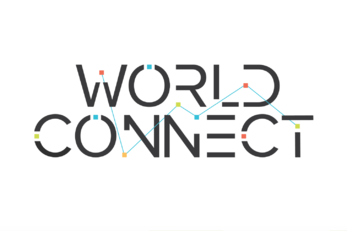
Rehabilitation of Local Water Pipeline
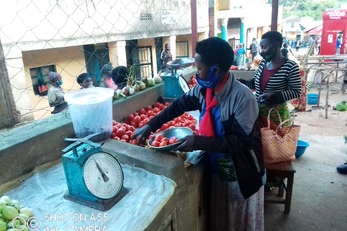
Business Financial Literacy Project
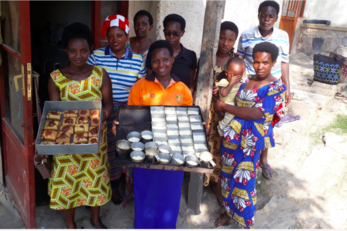
Tuzamurane Women's Bakery Project
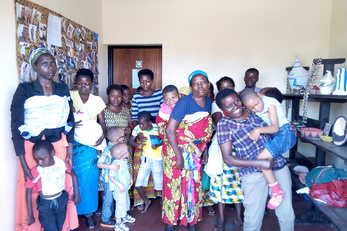
Smile Plate Project
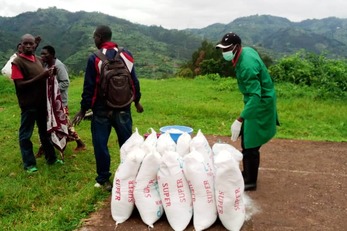
COVID-19: Food Access and Handwashing Stations
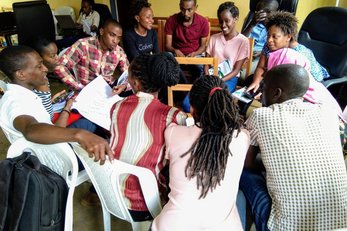
Mainstreaming Gender Equity in Conservation
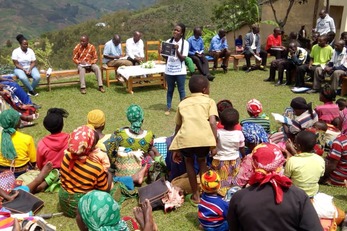
Village Garden
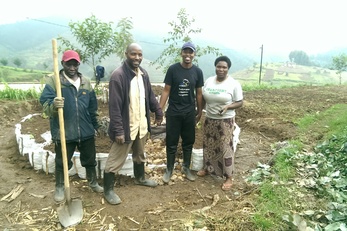
small – scale poultry farming
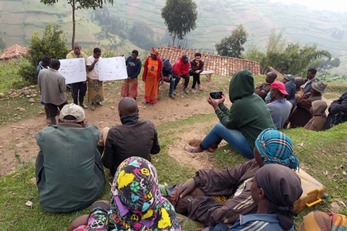
Farm Equipment Library for Haniro Cell, Rutsiro District
.jpg)
Improving the Agricultural System
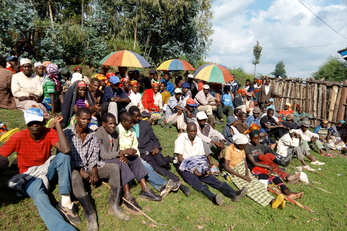
Piggery Farming in Gambiriro and Murambi Villages
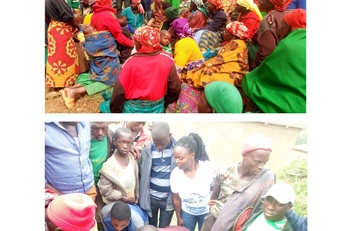
Rehabilitation of Rugeshi source of water
.jpg)
Sheep farming
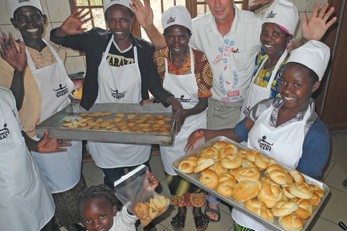
Bumba Women's Bakery Expansion
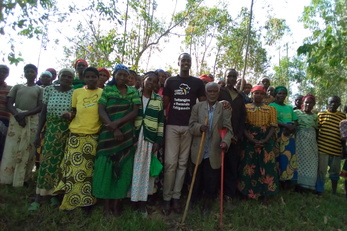
Piggery farming
Bitabaro Learning Center
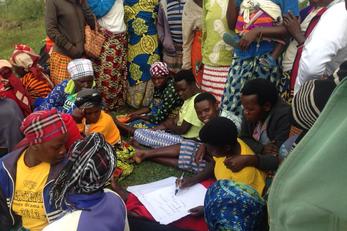
Rural women poultry farm at Ngororero District, Gitarama village
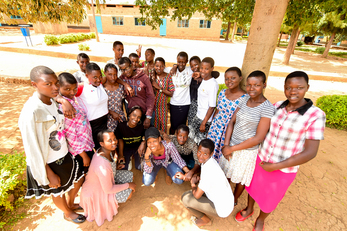
Her Voice Matters at Kabuga High School
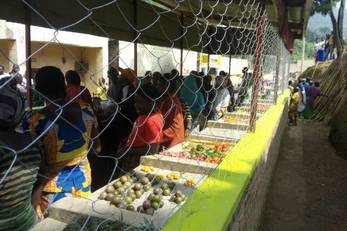
Mburamazi Public Latrine for Improving Sanitation
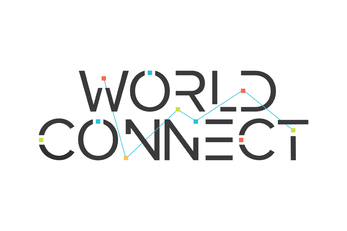
Umuco Wo Gusoma
GS Kizibere Library and Resource Center
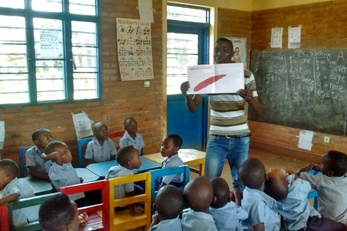
GS St. Bonaventure Classroom Libraries
Action for Women Bakery Expansion
ES Bisesero Sportsground
Campaign for Education and Economic Growth from the Kibangu Community Library
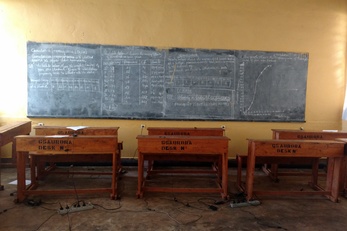
Information & Communication Learning Center
Prepex for the People
Community Health Training
Supporting Women Street Vendors in Kigali
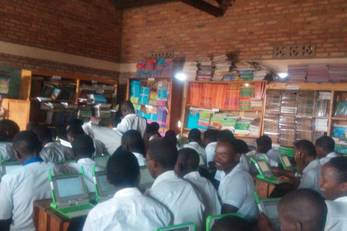
Simbi Library
.jpg)
Sex Ed and RUMPS at G.S. Nyumba
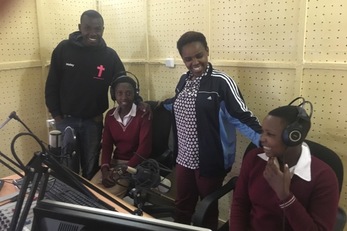
Miyove Adolescent Girls' Menstrual Hygiene Management
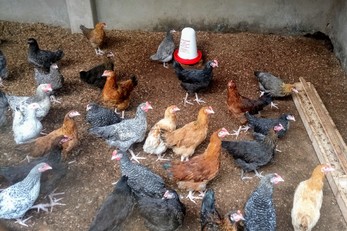
Chicken Rearing to Fund GS Bare School Lunch Program
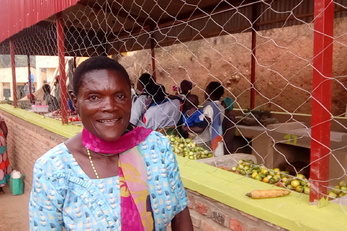
Mburamazi Market Expansion Project
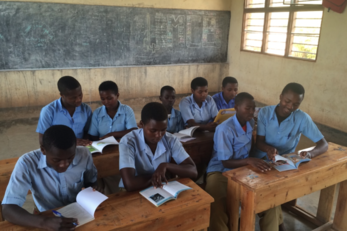
A Likely Story Library
Books! Books! Books! Converting Storage Room to School Library
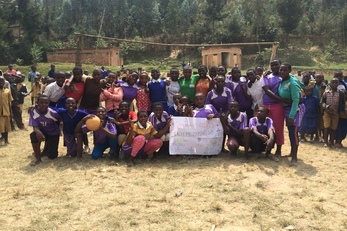
Reusable Menstrual Pads for Girls in Rwanda
Rwimitereri Maternity Ward Expansion - Phase 2

Action for Women Bakery
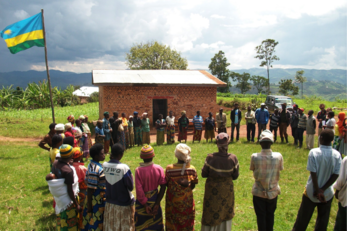
Cyasenge Community's Cow Rearing Project
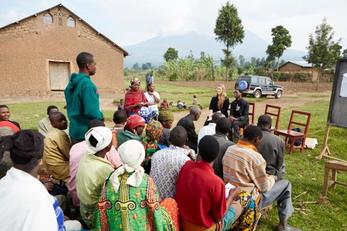
Nangimbibi Community's Potato Business
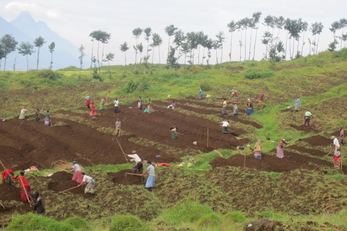
Remera Community's Potato Farming Project
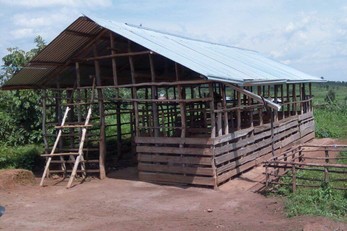
Community Health Worker Cooperative: Animal Husbandry Project
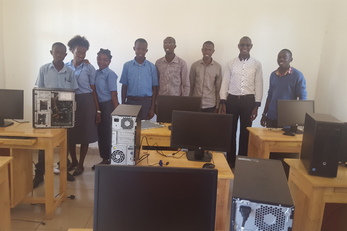
Computer Lab for Exodus Center Vocational Training School for Vulnerable Youth, Nyagatare, Rwanda
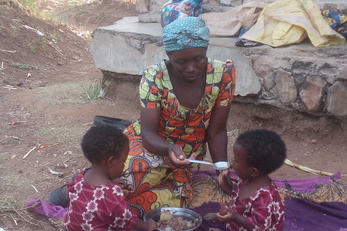
The First 1000 Days Community Health Worker Education and Nutritional Garden Project
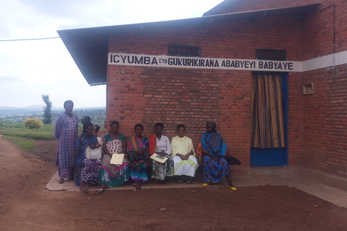
Cyabayaga Health Center Maternity and First 1000 Days Capacity Building Project
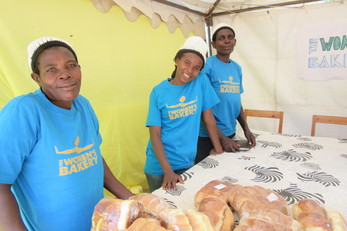
Bumba Women's Bakery
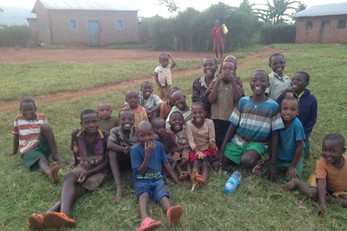
Rwimitereri Maternity Ward Expansion - Phase 1
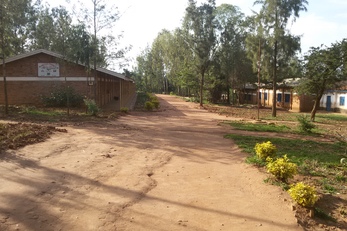
Future Business Leaders Club Tea Shop
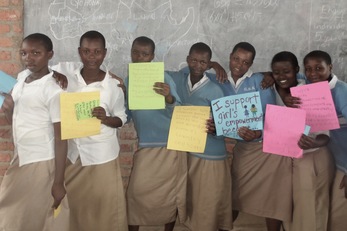
Let Girls Work
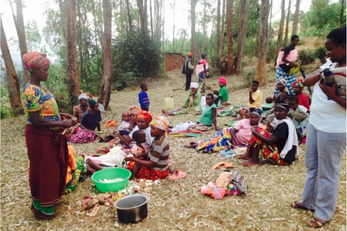
1000 Days Training
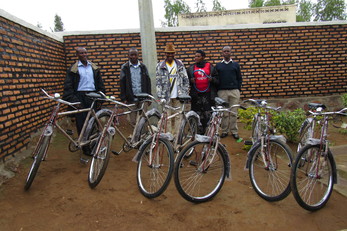
Community Health Worker Bikes
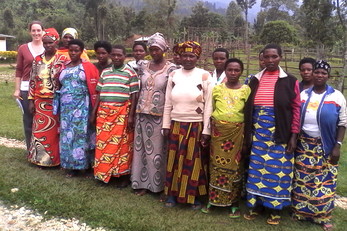
Community Health Worker Trainings
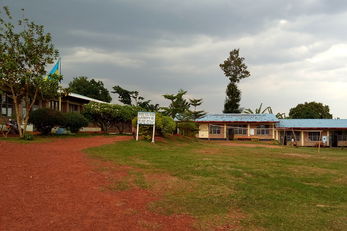
Healthy Bodies, Active Minds
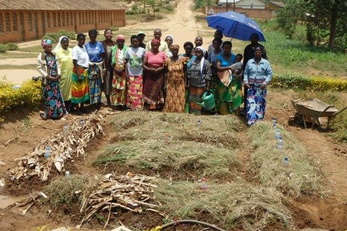
Mushishiro Permagardens
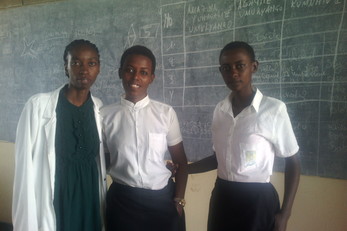
The Girls' Room
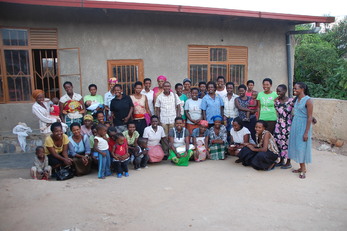
Baking for Action: Building Skills, Investing in Lives
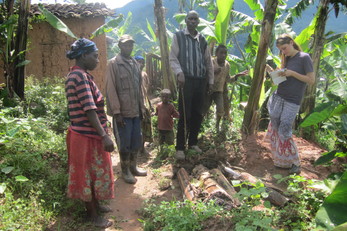
Hygienic Households, Healthy Lives: Latrines for Banda (Updated Application)

Siganiro Village's Crop Business Project
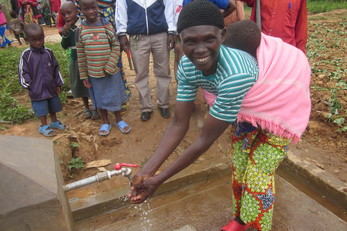
Connecting to the Source: Water for Banda

Ubuzima Bumba

Ganza Lanterns- Village Women's Co-op made Solar Lanterns

Biogas For All: Bringing Energy Into The Community, One Digester At A Time
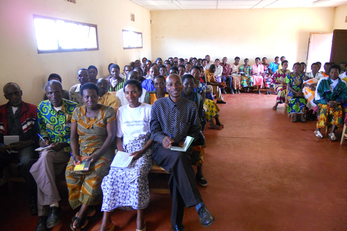
Healthy Babies in Bushenge
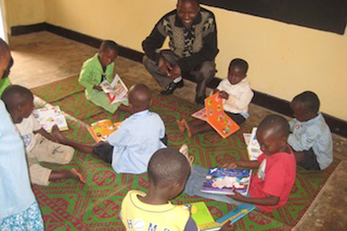
Friendship Nursery School

Cooperative IGANABIKORWA

Rabbits for Health
Fish and pigs farming project
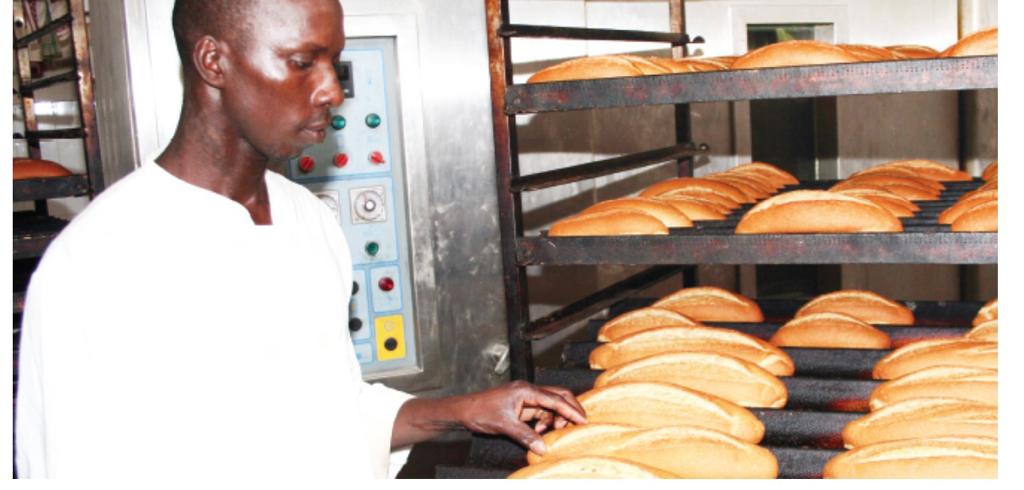
Bakery Project
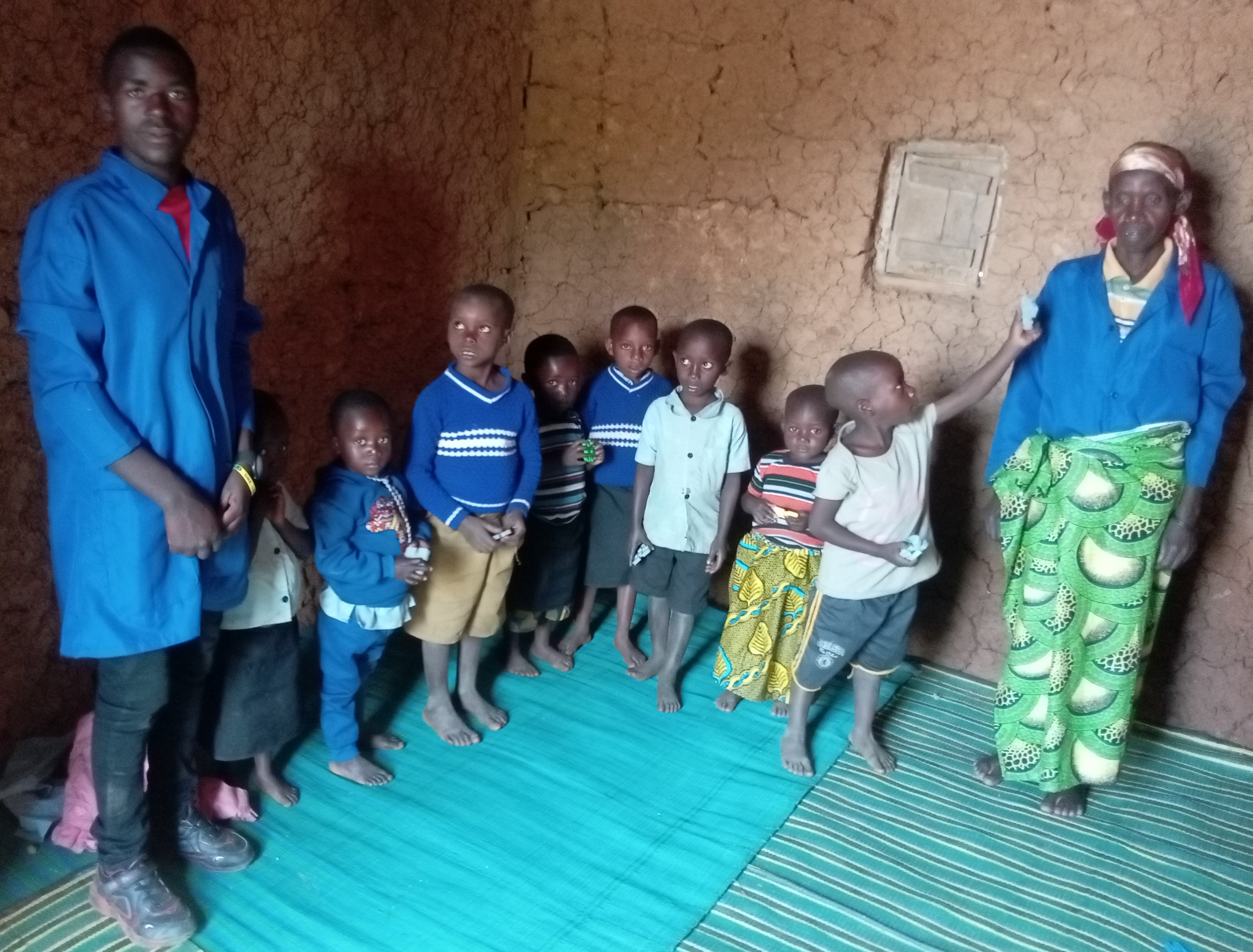
Construction of Community Early Childhood Development Center (ECD Center)
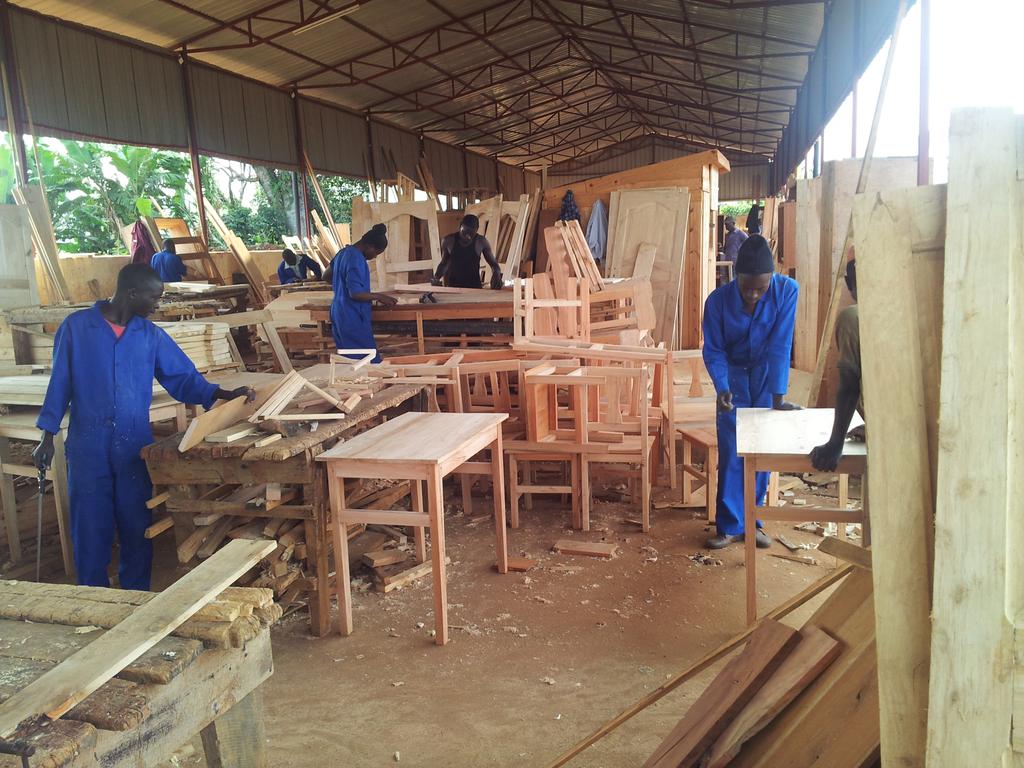
FURNITURE MAKING AND REPAIRING PROJECT / CARPENTRY WORKSHOP
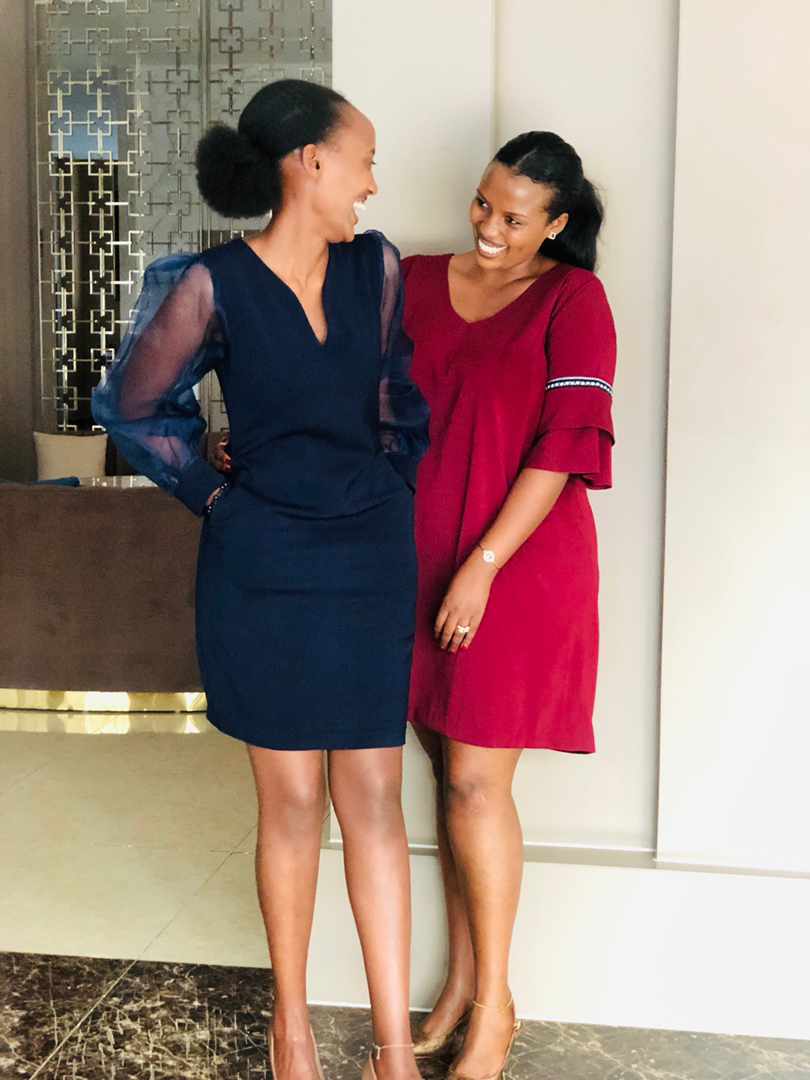
Ubudasa made in Rwanda fashion designing
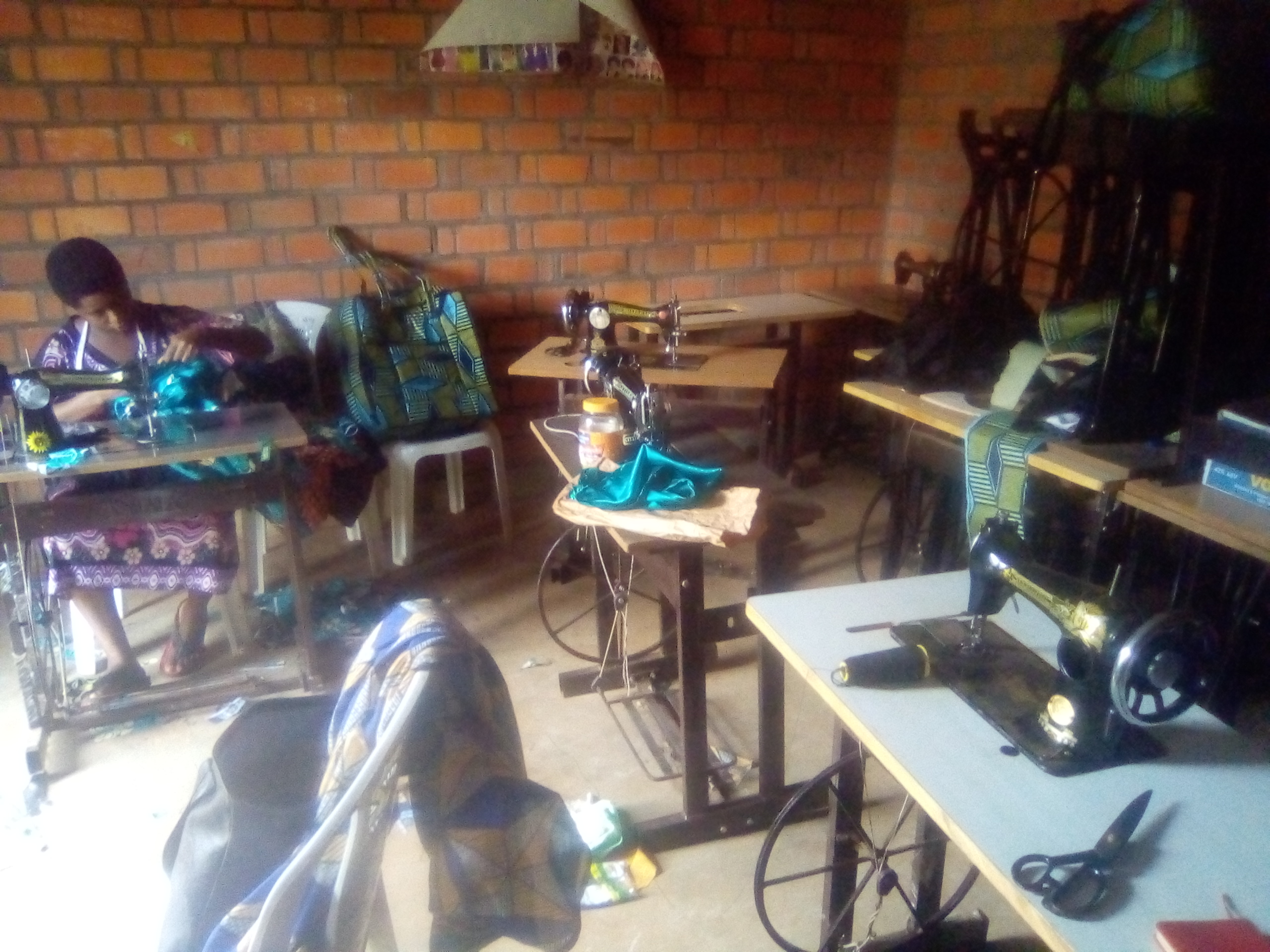
Application of tailoring skillsets towards job creation

Gasanane Fun Lot
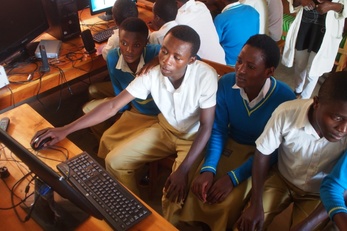
Computer Lab Expansion and Training
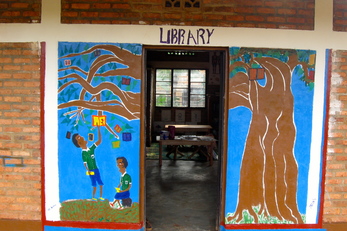
Literature Lessons

Gatare Village's Goat Rearing Project

Karombero Village's Crop Business Project

Get Clean

Imigongo Art Coop

School-based Fluoride Treatment and Oral Health Promotion

Ejo Hazaza Recycled Glass Bead Project

"Twishimane Bana" (Let's be happy together children)

Right to Read

WE-ACTx's Peer Parent Program

Rango Youth Ambassadors

Hope House

Duterimbere ('We Move Forward' in Kinyarwande)

"Some-bunny Loves Me" Agriculture Club

Ubukorikori Buhoraho (Arts for Life)

Kin-Folk Art

Indagamirwa! (Those we admire and look forward to watching perform because of their beauty and Skill)
